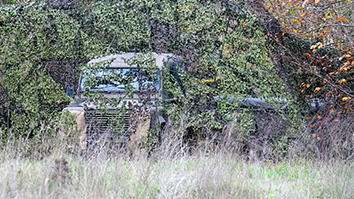Citation
Ruspini, E. H. (1991). Approximate reasoning: past, present, future. Information Sciences, 57, 297-317.
Abstract
This note presents a personal view of the state of the art in the representation and manipulation of imprecise and uncertain information by automated processing systems. To contrast their objectives and characteristics with the sound deductive procedures of classical logic, methodologies developed for that purpose are usually described as relying on Approximate Reasoning. Using a unified descriptive framework, we will argue that, far from being mere approximations of logically correct procedures, approximate reasoning methods are also sound techniques that describe the properties of a set of conceivable states of a real-world system. This framework, which is based on the logical notion of possible worlds, permits the description of the various approximate reasoning methods and techniques and simplifies their comparison. More importantly, our descriptive model facilitates the understanding of the fundamental conceptual characteristics of the major methodologies. We examine first the development of approximate reasoning methods from early advances to the present state of the art, commenting also on the technical motivation for the introduction of certain controversial approaches. Our unifying semantic model is then introduced to explain the formal concepts and structures of the major approximate reasoning methodologies: classical probability calculus, the Dempster-Shafer calculus of evidence, and fuzzy (possibilistic) logic. In particular, we discuss the basic conceptual differences between probabilistic and possibilistic approaches. Finally, we take a critical look at the controversy about the need and utility for diverse methodologies, and assess requirements for future research and development.


